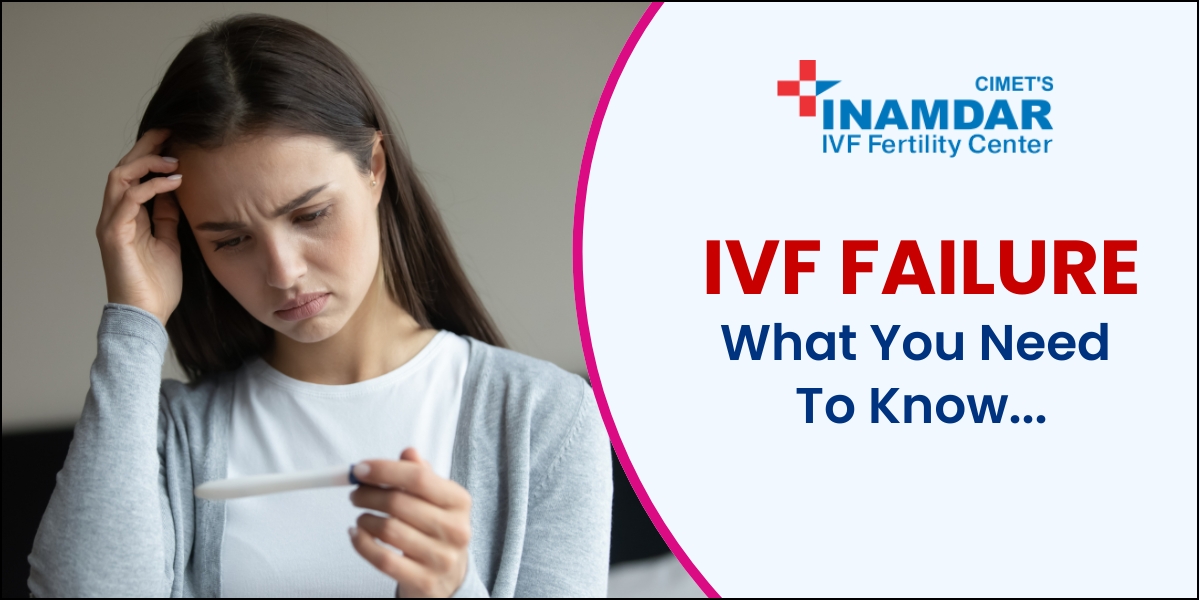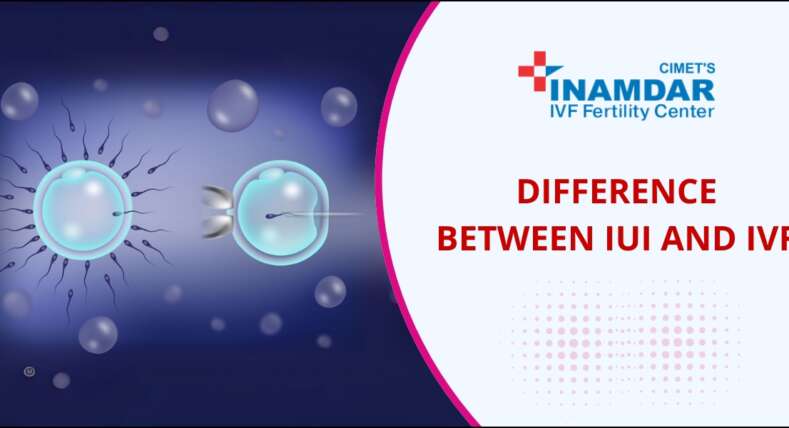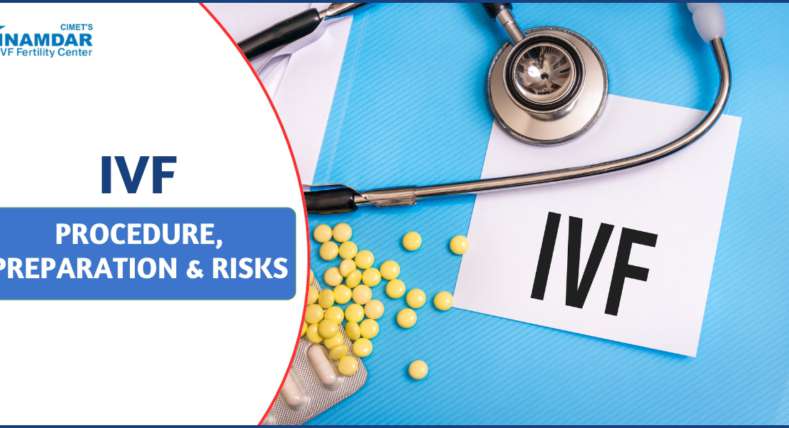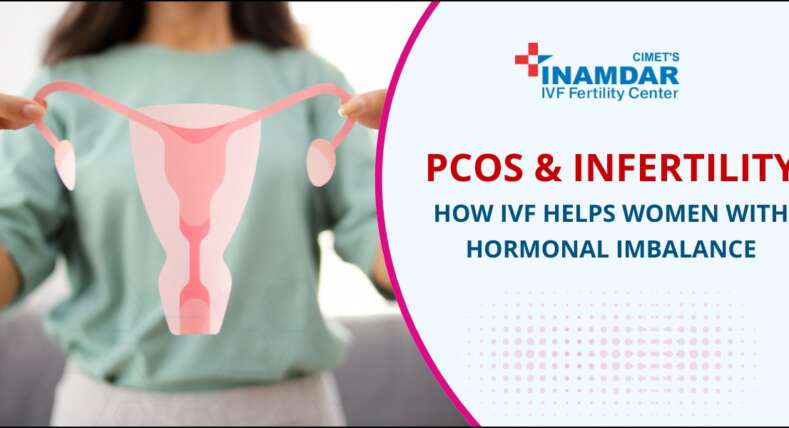IVF Failure – What You Need To Know
In vitro fertilization (IVF) is a widely used assisted reproductive technology that has helped millions of couples achieve their dream of parenthood. However, IVF does not always guarantee success, and experiencing a failed cycle can be emotionally and physically challenging. Understanding the reasons behind IVF failure and knowing the next steps can help you prepare better for your journey ahead.
Common Reasons for IVF Failure
1. Embryo Quality Issues
One of the most common reasons for IVF failure is poor embryo quality. Even if fertilization occurs, the embryo may not develop properly, leading to implantation failure or early miscarriage. Factors affecting embryo quality include:
- Advanced maternal age
- Poor egg or sperm quality
- Chromosomal abnormalities
2. Implantation Failure
Sometimes, a healthy embryo fails to implant in the uterine lining. This can happen due to:
- Thin or damaged endometrium (uterine lining)
- Uterine abnormalities like fibroids or polyps
- Immune system rejections
3. Hormonal and Ovarian Factors
Hormonal imbalances or poor ovarian response can impact egg production and embryo development. Conditions like PCOS (Polycystic Ovary Syndrome) or diminished ovarian reserve can reduce IVF success rates.
4. Lifestyle and Health Factors
Unhealthy lifestyle choices such as smoking, excessive alcohol consumption, obesity, or chronic stress can negatively affect IVF outcomes.
5. Sperm-Related Issues
Low sperm count, poor motility, or abnormal morphology can lead to fertilization problems, even with ICSI (Intracytoplasmic Sperm Injection).
What to Do After an IVF Failure?
1. Consult Your Fertility Specialist
A detailed review of your IVF cycle with your doctor can help identify potential issues. Tests like genetic screening, endometrial receptivity analysis (ERA), or hormonal assessments may be recommended.
2. Consider Advanced Treatments
Depending on the cause of failure, your doctor may suggest:
- PGT (Preimplantation Genetic Testing) – Screens embryos for chromosomal abnormalities.
- Donor Eggs or Sperm – If egg/sperm quality is a concern.
- Surrogacy – For women with uterine issues.
3. Improve Lifestyle Habits
- Maintain a balanced diet rich in antioxidants.
- Exercise regularly but avoid excessive strain.
- Reduce stress through yoga, meditation, or counseling.
4. Emotional Support
IVF failure can be heartbreaking. Seek support from:
- Counseling services
- Support groups for fertility patients
- Loved ones who understand your journey
When to Try Again?
Most doctors recommend waiting for at least one full menstrual cycle before attempting another IVF round. However, the exact timing depends on your physical and emotional readiness.
Choose Inamdar Hospital – The Best IVF Center in Pune?
At Inamdar Hospital, we understand the emotional and physical challenges of IVF failure. Our expert team provides:
- Personalized Treatment Plans – Tailored to your unique needs.
- Advanced Fertility Solutions – Including ICSI, PGT, and blastocyst culture.
- High Success Rates – Backed by cutting-edge technology and compassionate care.
If you are looking for the best IVF center in Pune, trust Inamdar Hospital to guide you with expertise and care. Schedule a consultation today and take the next step toward your parenthood journey.




